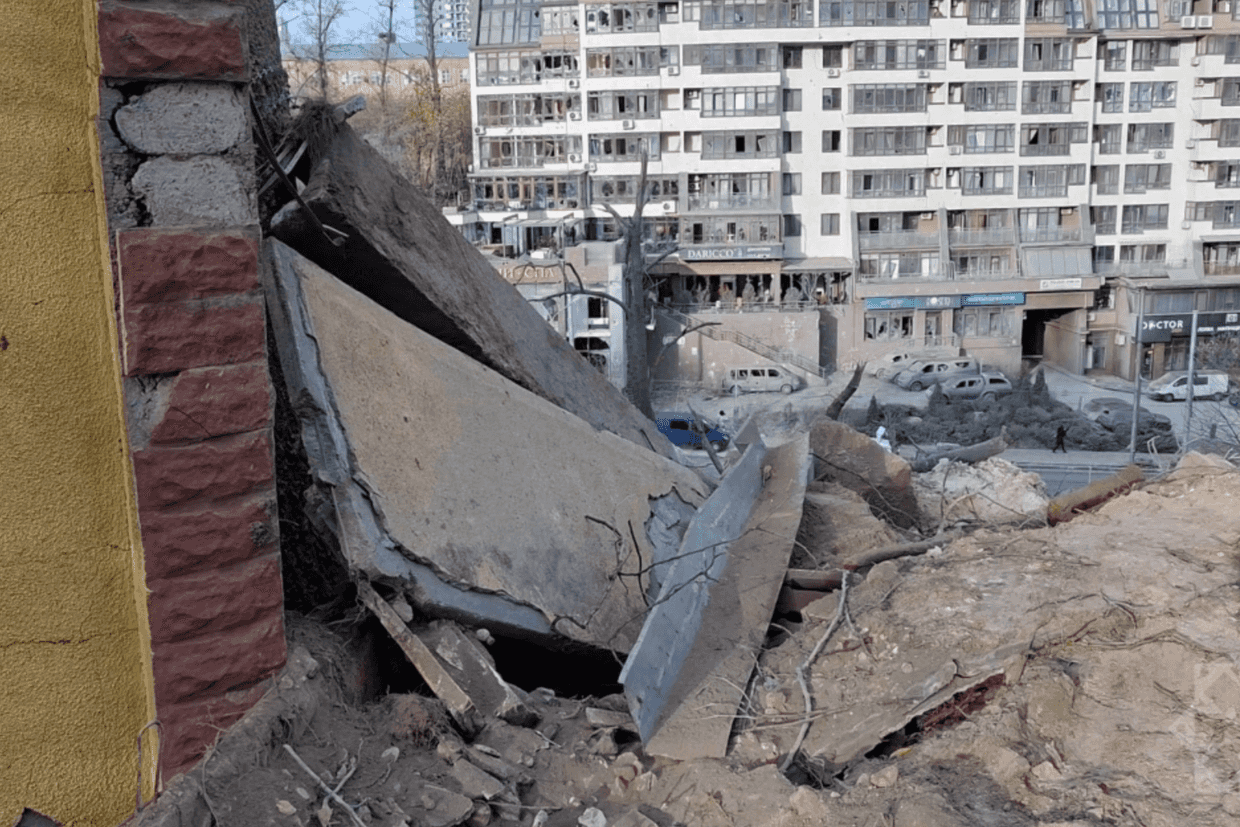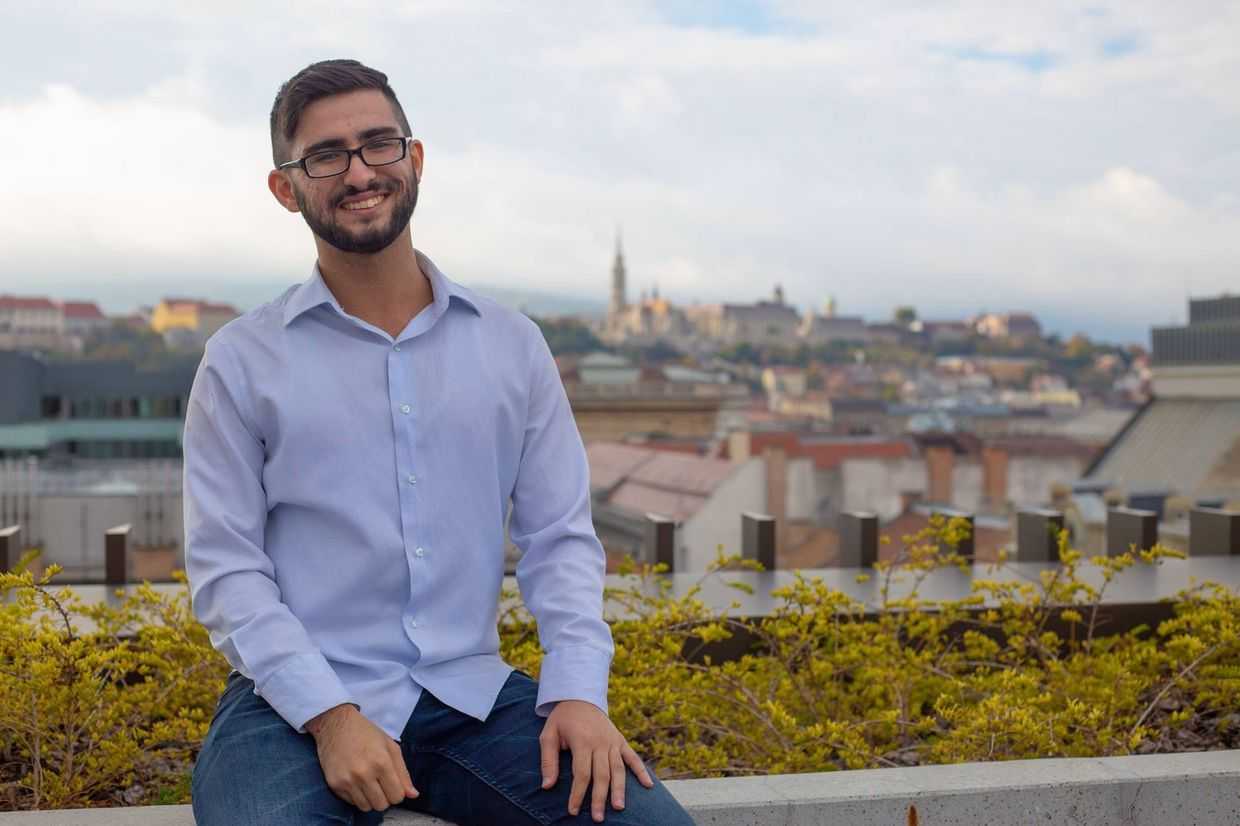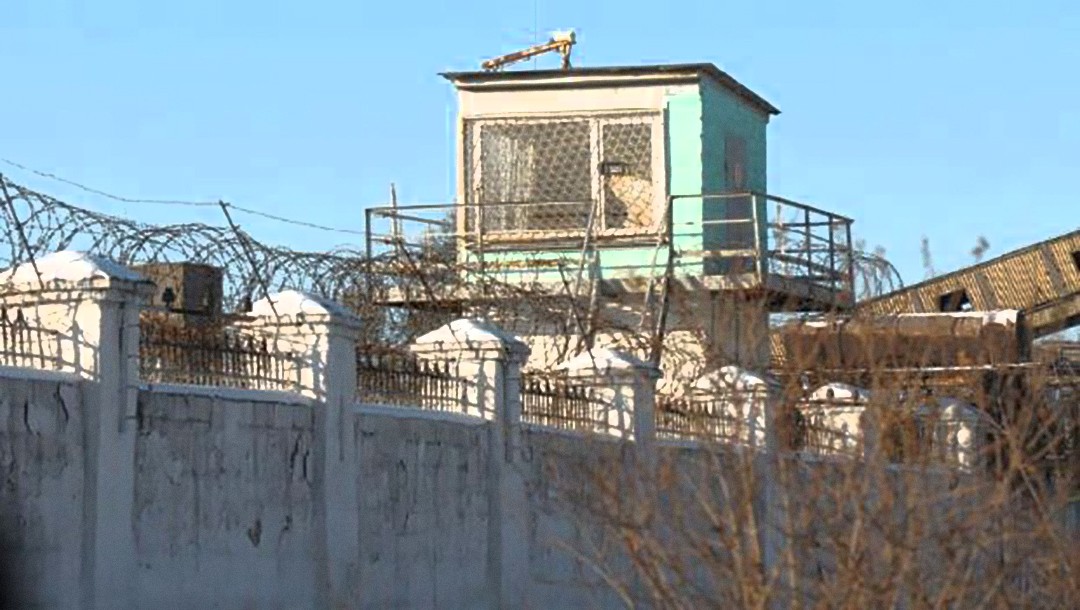
Colony 13 is currently gripped by a COVID-19 epidemic. While Azerbaijani officials claim that there are only several dozen cases, relatives of inmates describe nothing less than a plague.
Colony 13, in Baku’s Garadagh District according to Azerbaijani officials is one of the prisons hardest hit by the COVID-19 outbreak. On 15 May, government authorities confirmed that it had 33 cases, out of the total 46 in Azerbaijan’s prison system.
The Azerbaijani government did not provide subsequent updates on the number of cases in the prison system.
Alimammad Nuriyev, a member of the government’s public monitoring group observing prison conditions during the pandemic, told Radio Azadliq that the outbreak began in the prison when one of the inmates was taken outside for medical treatment.
He said that the prisoner tested positive for COVID-19 upon his return.
Ilkin Rustamzade, a prominent member of pro-democracy Nida Civic Movement, who spent four years in the Number 13 Colony told OC Media that he knew 15 of the 33 infected prisoners. The prison, he also said, housed roughly 1,200 prisoners.
He claimed that he kept up communications with many of the inmates of the prison and said that they had told him that many more were infected than the authorities had admitted.
‘It can be said that now almost all the prisoners of the colony have symptoms [of COVID-19]. Hundreds of prisoners are running a fever, Rustamzade said.
Relatives of several inmates have also raised similar concerns.
According to official government statistics, as of 2018, Azerbaijan had 12,000 prisoners. Independent researchers at the Institute for Criminal Policy Research, based out of the University of London, have stated that as of 2018 Azerbaijan has over 23,000 prisoners.
Sent to ‘a nest of torture’
Taleh Rustamov, whose brother Saleh Rustamov is serving seven years and three months in the prison for ‘illegally financing’ the opposition Popular Front Party, reported on 18 May that his brother had some of the early symptoms of COVID-19 — a rash on his body and a loss of taste.
Saleh Rustamov is considered by local rights activists to be a political prisoner.
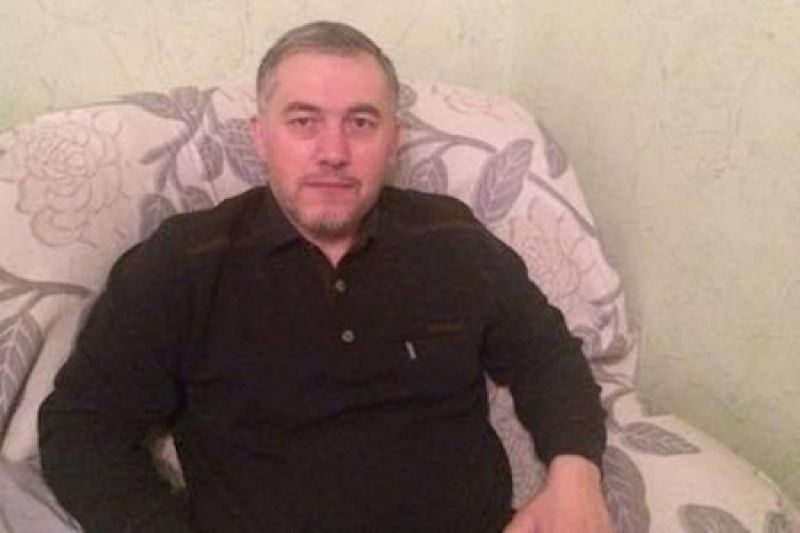
Taleh cited his brother as saying that there were many prisoners with high fevers in the colony and that the authorities had already taken 90 people out of the prison.
Officials have not revealed where they have taken the prisoners. Ilkin Rustamzade has claimed that many were taken to a special prison for prisoners with tuberculosis. This place, he said, is known among prisoners as ‘a nest of torture’.
‘That’s why it is very difficult to get any information from there’.
Rustamzade said that the relatives of the prisoners reported to him that those who remained in Colony 13 received very poor medical treatment.
‘If a prisoner had some pain or any symptoms, he would just be given some analgin (a pain relief medication)’, he said.
He added that he heard stories of corruption among medical workers who would sometimes withhold or sell medicine to the patients, medicine which they were supposed to receive free of charge. They also charged patients for more hygienic accommodations.
‘They sold spots to ill prisoners like hotel rooms’, he said. ‘Where one or two prisoners could stay, in contrast to densely populated barracks.’
‘Hundreds’ ill
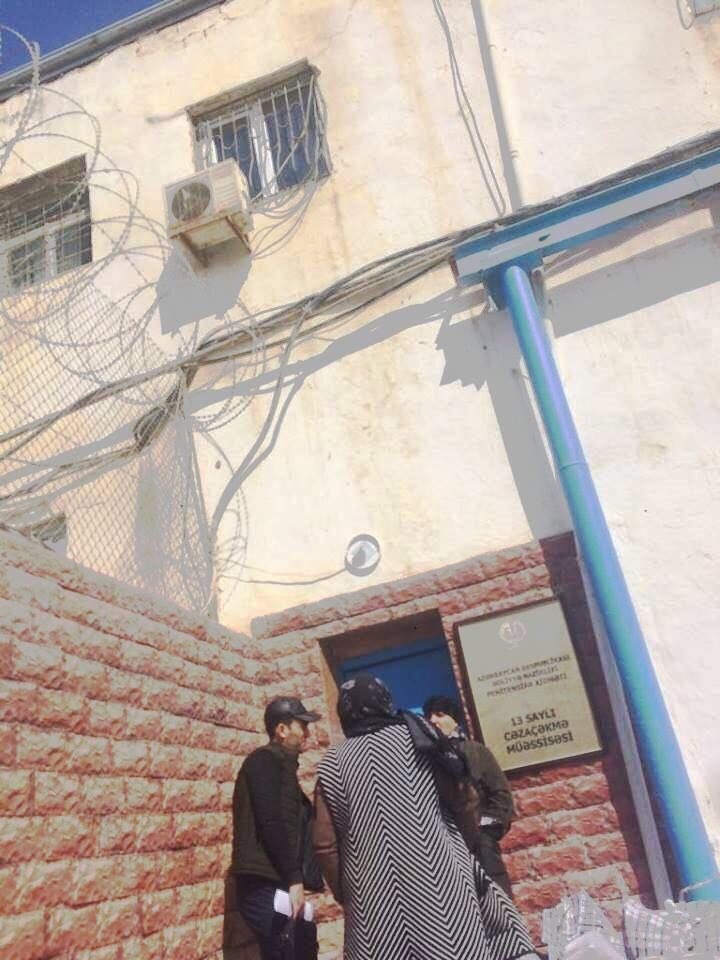
Amina Hajiyeva, whose brother Jahangir Hajiyev is serving a 16 years term in Colony 13 for embezzlement, told Caucasian Knot that the Ministry of Justice had admitted the 33 infected cases among prisoners only after she addressed the President Ilham Aliyev through the media.
Hajiyeva said her brother told her by phone on 13 May that 96 people had been taken out of the prison that day.
‘From his barracks alone, where 60 people were staying, 30 convicts were taken out. The real number of infected is unknown. Tests are conducted using rapid tests, but they are inaccurate.’
On 22 May, Ilkin Rustamzade reported that the prisoners inside Colony 13 had informed him that the prison’s head doctor said the number of cases in the colony had reached 97. However, according to him, this number is far too low.
‘There are hundreds of prisoners who have a fever, and have lost their sense of taste and smell’, he wrote.
Rustamzade wrote that the authorities of the prison stopped conducting COVID-19 tests in order to ‘prevent the increase in the number of infected people’ and ‘hide the real statistics’.
On 23 May, minister of justice Fikrat Mammadov announced that during the pandemic 624 prisoners were released from the prison system of those, 310 were released into house arrest and other alternative measures of restraint.
OC Media could not obtain information if any of the prisoners released were from Colony 13.
The wider prison system
Afgan Mukhtarli, an investigative journalist who had been in prison since 2018 for allegedly smuggling contraband and was released from prison on 17 March — 18 days after Azerbaijan confirmed its first COVID-19 case — told OC Media that prison conditions outside of Colony 13 are also dire.
[Read more on OC Media: Azerbaijani journalist Afgan Mukhtarli freed from prison]
‘About 170 people are placed in a barracks with no ventilation, closed windows and a low ceiling. If one person suffers from ordinary flu, it means all the 170 people are infected’, he said, describing a typical prison.
Mukhtarli said that immediately after the first COVID-19 case was confirmed in Azerbaijan, all the prisons in the country announced a quarantine regime.
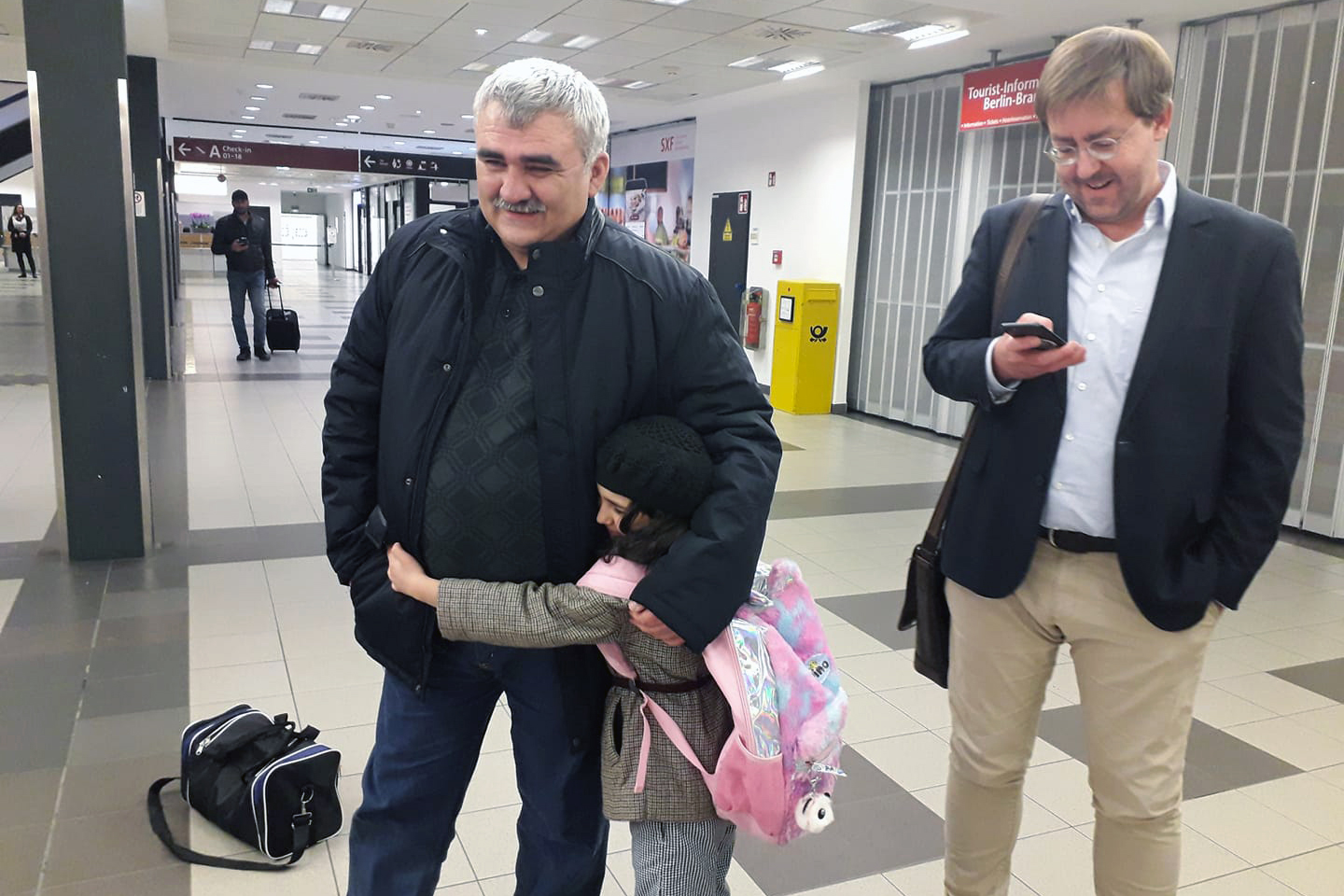
Visitation from friends and relatives was suspended and disinfection measures were put in place. According to him, the latter consisted of cells being disinfected with kerosene, which prisoners had to purchase with their own money.
Personal hygiene was also expensive to maintain, he said, as hot showers came attached to a cost. In one prison where he served time, taking a hot shower for 30 minutes cost ₼1 ($0.60) and ‘the bathroom was in a very bad condition’.
Soap and shampoo were to be provided by the prisoners themselves, ‘as a rule, they were brought by relatives’. Due to the halt on visitation, the regular care packages that many prisoners received from relatives came to an end.
Mukhtarli also said that he believes that COVID-19 was brought to prisons by prison employees. ‘For the first ten days of quarantine, the workers did not wear masks. The prisoners were also not given masks’, he said. ‘Masks are still not given.’
On 18 May, the transfer of goods and money from prisoners’ relatives resumed. Visitation remains banned.
‘Inhumane’ conditions
Intigam Aliyev, a human rights defender and former prisoner, told OC Media that there are no regulatory standards for COVID-19 in prisons in Azerbaijan.
‘Conditions in closed institutions of the penitentiary system even before [the pandemic] could be considered inhumane’, he said.
He also criticised the Operational Headquarters under the Cabinet of Ministers, the regulatory body issuing orders and restrictions during the pandemic, saying that its ‘status and decisions raise a lot of questions from the point of legitimacy and legality’.
‘I can definitely assure you that [the restrictions on visitation] are illegal’, he said. The restrictions, ‘should have been regulated by laws adopted by parliament’ because they limited ‘fundamental rights’ including, for example, by preventing lawyers from visiting their incarcerated clients.
Aliyev noted that these ‘illegal’ restrictions were hardly effective at stopping the virus, because of the wider systemic problems of including overcrowding, lack of prison staff, and a lack of professionalism.
In May, Abbas Huseynov and Babak Hasanov, two imprisoned opposition activists, reportedly went on hunger strike against prison conditions, including an alleged sharp increase in the cost of food at their respective prisons following the COVID-19 outbreak.
Meydan TV reports that Huseynov’s relatives have said he has since been sent to solitary confinement.
On 27 May, Amnesty International called on the Azerbaijani government to ‘respect the principle of non-discrimination in the measures taken to lessen the grave health risk in prisons and ensure that those detained on politically motivated charges also benefit from the COVID-19 related release’.
It also called on the government to take ‘all possible measures to reduce its prison population’.




